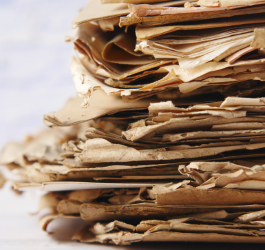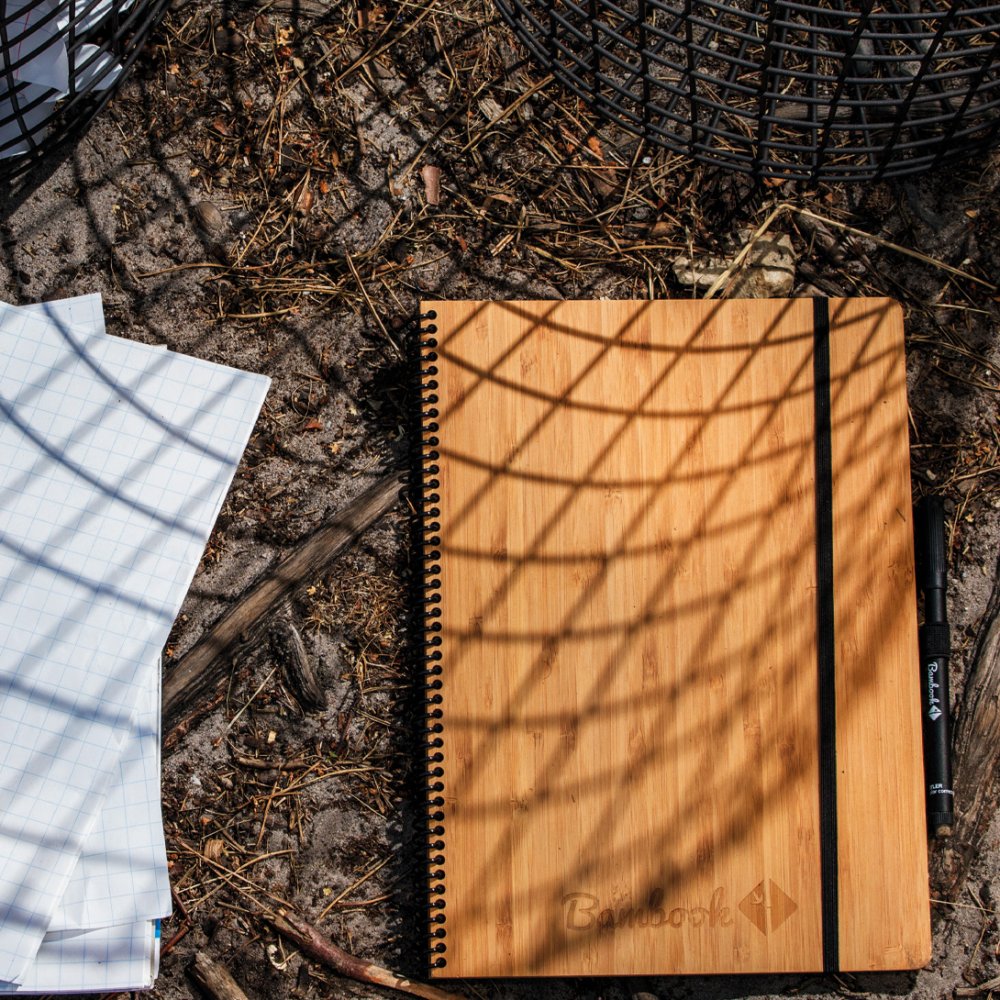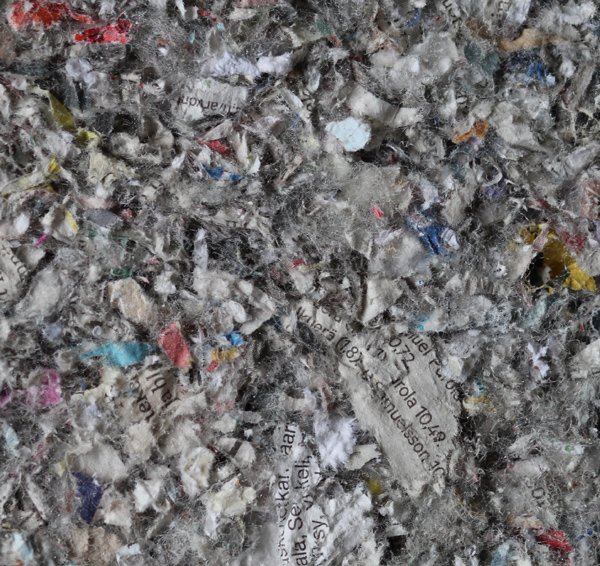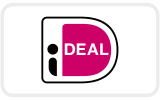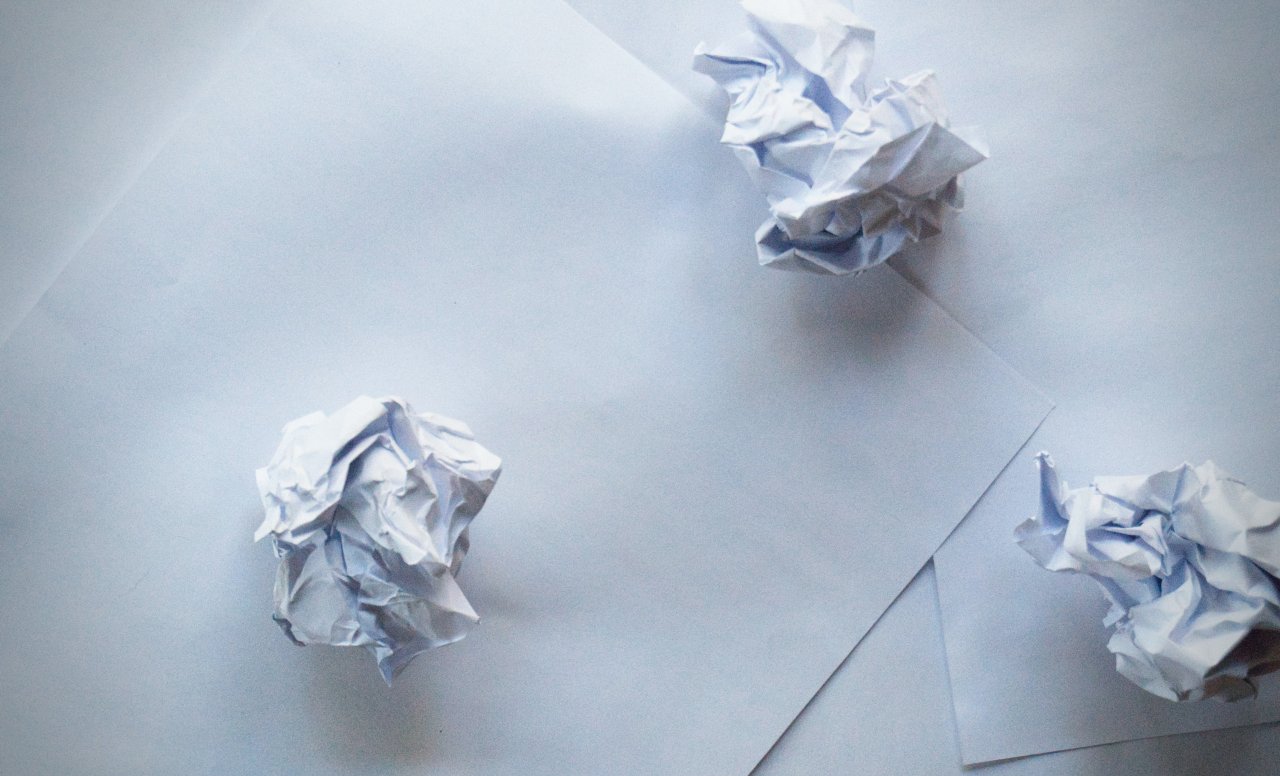
Less paper?
You should pay attention to this.We use single-use paper and cardboard every day and the waste bin quickly overflows. There is a good chance that you are not aware of any harm and have no idea how much paper you actually use and immediately threw it away after 1 use. We list for you which forms of single-use paper and cardboard are most common and how you can reduce their use so that you can save on this! Have fun reading.
1. Loose paper
The most obvious but something we are attached to as humans are notebooks, post-its and loose A4 sheets. Just write it down if you need to remember something, make notes and all the other fantasies. You take paper, write it down and throw it away again.
Alternative: do you still want to keep writing down your notes, to-dos, reminders and sketches? With a Bambook notebook or the Bambook Sticky notes you can! You write on erasable paper and can therefore reuse it. You write, simply erase everything with water and reuse your paper again and again. Get rid of single-use paper!
2. Print, print and print
Print the smallest things, that e-mail from your colleague, a new design that you receive or the invoice of a customer. We print everything out and then put it on our desk in a pile of oblivion. Well, not very durable. Did you know that we print 1350 A4 pages per person per year? That is about 6.7 kg of paper, of which ⅓ will be in the trash within a week. Do you have to sign? Nowadays you can easily sign digitally. If you really must print, print double-sided and in black and white. In addition, pay attention to quality marks when choosing paper and go for thin, light and recycled paper.
Alternative: do you recognize yourself in the above? Then it might be time to digitize! We understand that you can easily get distracted by all those notifications or open tabs. But do you want to quietly read, review or adjust a document? Then make sure your notifications are turned off and you can't get distracted by another spontaneous task that comes up. But this may have more to do with productivity than with the problem of working digitally.
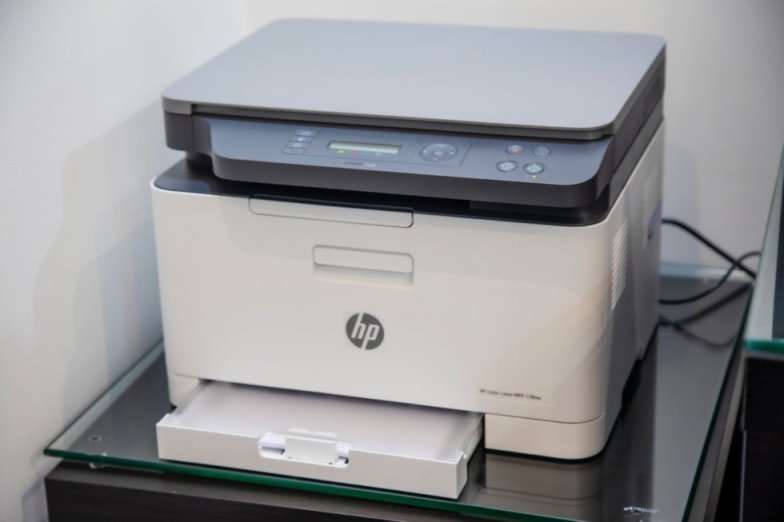
3. Advertising leaflets & newspapers
Every year, more than 1,300 unaddressed advertising brochures fall on the doormat of a house without a letterbox sticker. That's 25 flyers a week. The production of leaflets and newspapers burdens the environment, as does their printing and transport. Every unwanted folder therefore has an unnecessary environmental impact.
Alternative: to prevent unwanted advertising brochures and newspapers, use the No/No letterbox sticker. You can pick up the stickers for free at the town hall or you can request a sticker via No-No Yes-yes 10 including shipping costs. In addition, nowadays you can easily view your advertising brochures digitally on the provider's site and you can read your newspaper digitally, such as via the platform Blendle.
4. Packaging
Packaging forms a large part of our waste: about 20 percent! Every day we open 7 packages per person. And there are enough packaging that is important so that the product does not spoil, but nowadays you also see enough packaging that has no function except to convey a marketing message. Such as the cardboard sleeve around a plastic-wrapped veggie burger or the cardboard box around the self-rising flour.
Alternative: Say no to unnecessary packaging. For example, bring your own shopping bag, so that you do not have to accept a plastic or paper bag in the store. Buy packaging-free as at Pieter Pot! If you do have packaging – make sure you separate your waste. Find through the waste separation guide where you can throw something away.
5. Shipping boxes
Nowadays, we can simply order from our favorite store and have it on our doorstep within 24 hours. It's great that everything goes so quickly, of course - but all your products and clothing also have to be packed and that is unfortunately (besides transport) not so sustainable. That packaging is often made of plastic or cardboard and is immediately thrown in the trash after you have approved your item.
Alternative: order less online and pick up locally. Your favorite book at the bookstore and your piece of clothing at the local boutique. By getting it locally, you not only save shipping material, but you also support local entrepreneurs. Win-win!
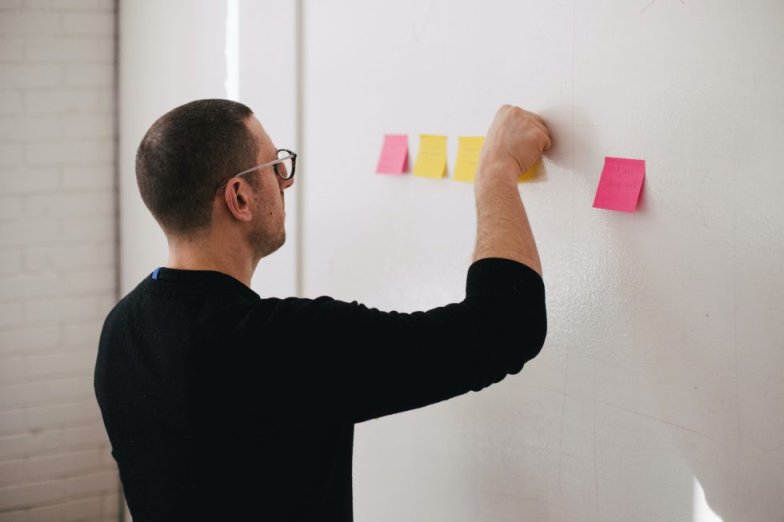
Did you know that we plant a tree for every Bambook sold? Read our mission here.< /em>
